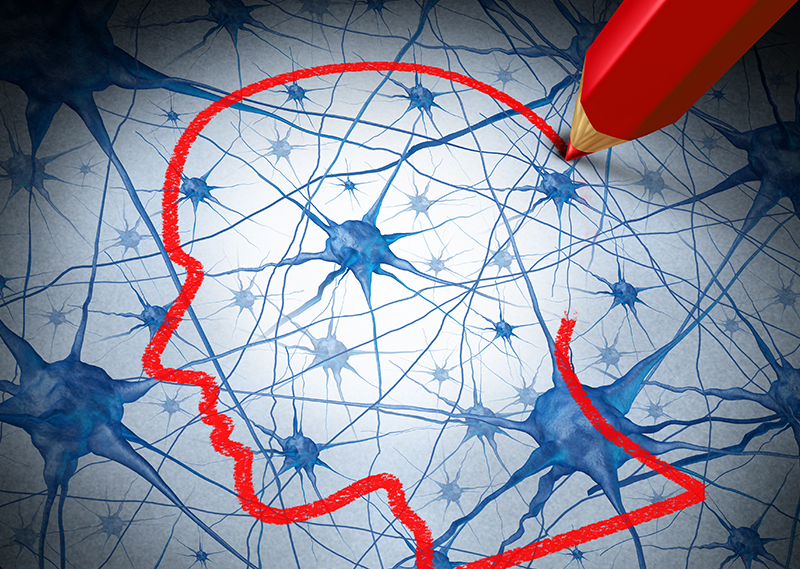If there is one aspect that is constant in the race to solve the puzzle of Alzheimer’s, it is change. It seems as if any time medical researchers begin to get a grasp on one piece, new information shifts their hypotheses in a different direction. That’s certainly the case with the amazing new understanding about Alzheimer’s progression.
For the first time ever, investigators from the University of Cambridge have been able to study human data instead of animal models. Their conclusions suggest an origin of the disease in several different areas of the brain, instead of a single location that starts a chain reaction, as previously understood from research studies of the brains of mice.
Dr. Georg Meisl of Cambridge’s Yusuf Hamied Department of Chemistry explains, “The thinking had been that Alzheimer’s develops in a way that’s similar to many cancers: the aggregates form in one region and then spread through the brain. But instead, we found that when Alzheimer’s starts there are already aggregates in multiple regions of the brain, and so trying to stop the spread between regions will do little to slow the disease.”
For that reason, the disease’s progression is based upon how quickly cells are destroyed in these various regions. This new understanding will undoubtedly be extremely beneficial in the advancement of treatment options that target the processes that happen at the beginning of Alzheimer\’s. Additional good news: the replication of the tau and amyloid beta proteins responsible for Alzheimer\’s happens very slowly, and our neurons are already evolving to stop the aggregation of these proteins. The hope is that soon, biology and science will work together to aid the millions of people impacted by Alzheimer\’s disease.
The next step is going to be for researchers to more fully investigate the processes involved in the earliest stages associated with the disease, while extending research to other health conditions, such as progressive supranuclear palsy and traumatic brain injury. The information accumulated may even help shed light onto better treatments for a number of other common neurodegenerative diseases, such as Parkinson’s disease.
If a loved one is battling Alzheimer’s or another form of dementia, get in touch with our dementia care team for helpful resources and assistance with skilled, innovative, hands-on care support. Our innovative, caring, and client approach alleviates the stress of challenging behaviors for example:
- Sundowning
- Wandering
- Aggression
- Agitation
- Frustration
- Confusion
- Disorientation
- And many more
Give us a call 24/7 at (215) 935-6321, and we can discuss solutions to assist with the particular issues a senior you love is facing. You’re never alone with LightSpring Home Care’s highly trained dementia care experts by your side! Contact us today to learn more about our senior home care in Philadelphia and the surrounding areas.



